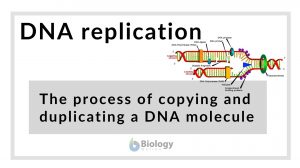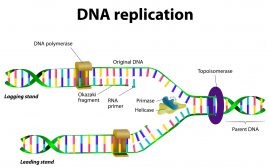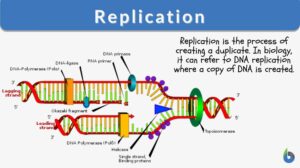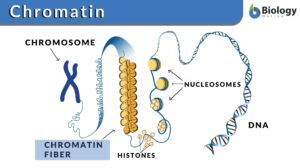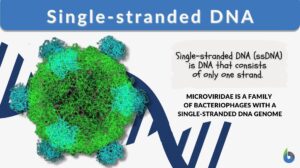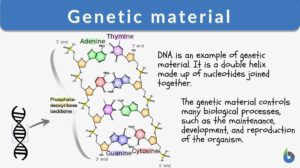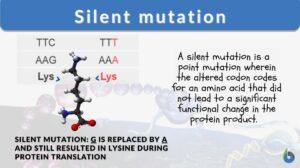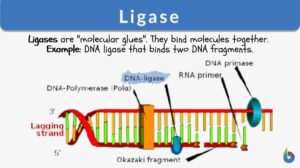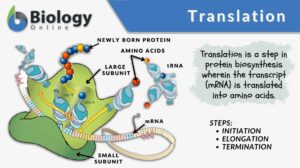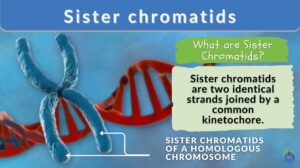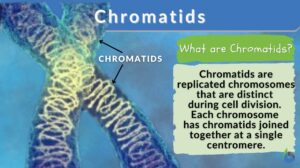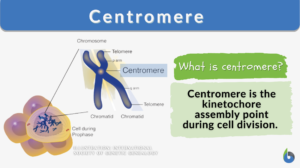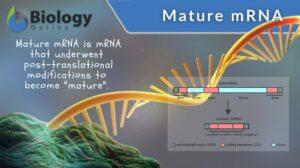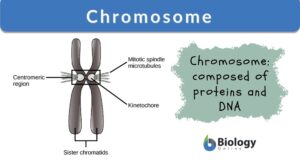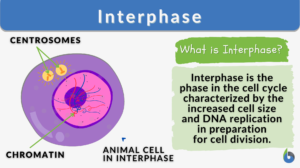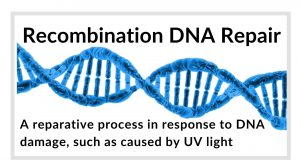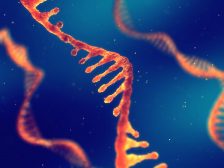Search Results for: dna replication
DNA replication
DNA Replication Definition DNA replication is the process of copying and duplicating a DNA molecule. The process is carried... Read More
DNA Structure & DNA Replication
Previous pages in this tutorial have described the basics of a cell, the energy required by these cells and how energy is... Read More
Replication
Replication, in the general sense, is to create a copy or a duplicate. Thus, in biology, replication is commonly associated... Read More
Deoxyribonucleic acid
Deoxyribonucleic Acid (DNA) Definition A nucleic acid refers to any of the group of complex compounds made up of linear... Read More
Nucleosome
Nucleosome Definition Every organism is made of deoxyribonucleic acid, also known as DNA. DNA is made up of numerous... Read More
Nucleic acid
Nucleic Acid Definition A nucleic acid refers to any of the group of complex compounds consisting of chains of monomers of... Read More
Single-stranded DNA
What is single-stranded DNA? DNA is the material that living organisms possess that carries their genetic make-up. DNA and... Read More
Genetic Information and Protein Synthesis
Genetic Code Genes are sequences of DNA nucleotides that carry and transmit the information specifying amino acid sequences... Read More
Mitochondrial DNA
Mitochondrial DNA Definition noun plural: mitochondrial DNAs The genetic material in the mitochondrion that carries code... Read More
Transcription (biology)
In biology, transcription is the process of transcribing or making a copy of the genetic information stored in a DNA strand... Read More
Genetic material
Genetic Material Definition What is genetic material? Genetic material is the hereditary substance in the cell. It carries... Read More
Ribonucleic acid
Ribonucleic Acid Definition noun (uncountable), ribonucleic acids ri·bo·nu·cle·ic ac·id, raɪboʊnjuːkliːɪk... Read More
Silent mutation
A mutation is a change in the nucleotide sequence of a gene or a chromosome. When there is only one nucleotide involved, it... Read More
Translation
Translation, in general, is the conversion of something into another form, such as a word from one language to another. But... Read More
DNA polymerase
Definition noun, plural: DNA polymerases (molecular biology) An enzyme assisting in DNA replication Supplement Polymerases... Read More
Sister chromatids
Sister Chromatids Definition Sister chromatids are defined as the two identical copies of a single replicated chromosome... Read More
Chromatids
Chromatid Definition Chromatids are found inside our cells. Chromatids are condensed chromosomes distinguishable during... Read More
Chloroplast DNA
Definition noun plural: chloroplast DNAs DNA in the chloroplast that carries the code for proteins and RNAs essential to... Read More
Centromere
Centromere Definition Centromere is defined as the point of attachment for the sister chromatids generated after DNA... Read More
Mitochondrion
Mitochondrion Definition What are mitochondria? The term “mitochondrion” comes from the two words of the Greek... Read More
How cell fixes DNA damage
DNA repair strategies DNA is crucial to life. It carries the fundamental blueprint for the proper functioning of a cell.... Read More
Conjugation
Conjugation generally means the joining or coming together (union), such as in certain unicellular organisms (some bacteria,... Read More
Mature mRNA
Mature mRNA Definition Mature mRNA is the completely processed mRNA molecule in the cell of eukaryotes. The mRNA is a type... Read More
Chromosome
Chromosomes Definition Chromosomes are thread-like structures present in the nucleus of plant and animal cells. Chromosomes... Read More
DNA polymerase II
Definition noun A DNA polymerase involved in DNA replication in prokaryotes, is encoded by polB gene, and composed of 783... Read More
Precursor mRNA
Definition noun plural: precursor mRNAs An immature or incompletely processed mRNA molecule in eukaryotes that needs to be... Read More
Interphase
Interphase is the critical period in the eukaryotic cell cycle characterized by a sequence of events like the G1 phase where... Read More
Okazaki fragment
Definition noun, plural: Okazaki fragments Relatively short fragment of DNA synthesized on the lagging strand during DNA... Read More
DNA polymerase I
Definition noun The first known DNA polymerase, encoded by polA gene, and is involved in DNA replication in... Read More
Recombination DNA repair
Recombination DNA Repair Definition Recombination DNA repair is a biological reparative process in response to DNA damage... Read More
Protein Synthesis
If you have jumped straight to this page, you may wish to look at the previous tutorial about DNA, which gives background... Read More
Synthesis phase
Definition noun (cell biology) A sub-phase in the interphase wherein the cell primarily duplicates its DNA via... Read More
